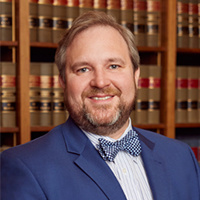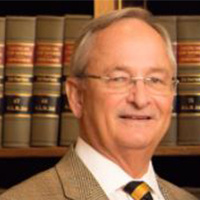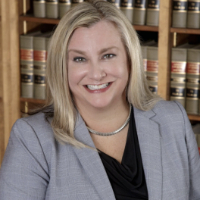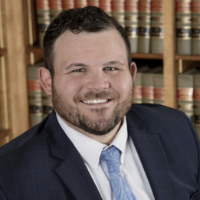Lonoke Felony Lawyer, Arkansas
Not enough matches for Lonoke Felony lawyer.
Below are all Lonoke Criminal lawyers.
David Wallace Parker
✓ VERIFIEDFormer prosecutor, David Parker, joined Dodds, Kidd, Ryan & Rowan in 2017. After graduating from UALR William H. Bowen School of Law in 2008, David w... (more)
Judson Candler Kidd
✓ VERIFIEDI was exposed to law at an early age as my grandfather and father were trial lawyers, grandmother was a court reporter and my uncle was a US Marshall.... (more)
Catherine A. Ryan
✓ VERIFIEDLittle Rock native Catherine Ryan joined Dodds, Kidd & Ryan in 2016 after fourteen years representing injured parties as a trial lawyer in Boston, Mas... (more)
Lucas Zachary Rowan
✓ VERIFIEDLucas Zachary Rowan is a practicing lawyer in the state of Arkansas handling personal injury, criminal and family law matters.
FREE CONSULTATION
CONTACTFREE CONSULTATION
CONTACT





